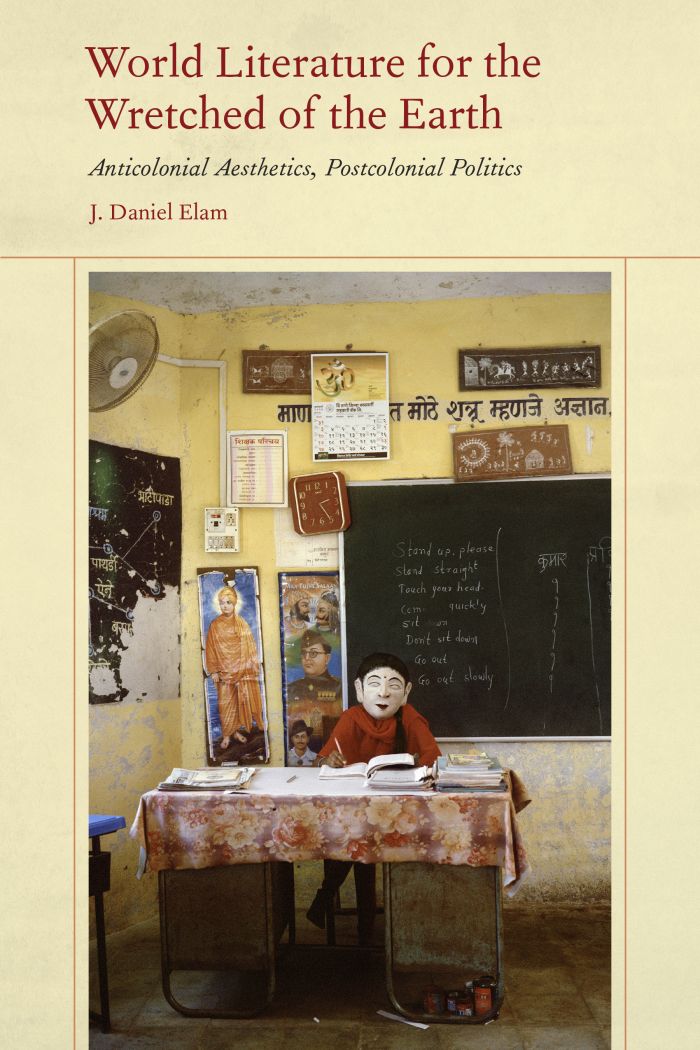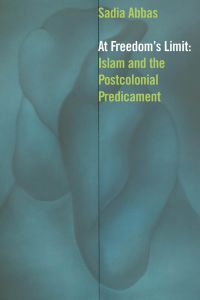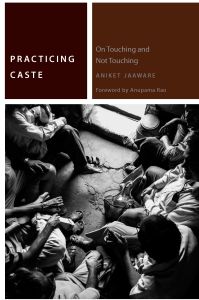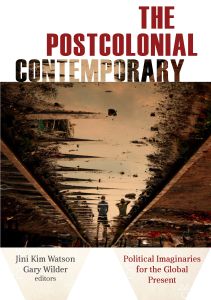World Literature for the Wretched of the Earth
Anticolonial Aesthetics, Postcolonial Politics

This book can be opened with

World Literature for the Wretched of the Earth recovers a genealogy of anticolonial thought that advocated collective inexpertise, unknowing, and unrecognizability. Early-twentieth-century anticolonial thinkers endeavored to imagine a world emancipated from colonial rule, but it was a world they knew they would likely not live to see. Written in exile, in abjection, or in the face of death, anticolonial thought could not afford to base its politics on the hope of eventual success, mastery, or national sovereignty. J. Daniel Elam shows how anticolonial thinkers theorized inconsequential practices of egalitarianism in the service of an impossibility: a world without colonialism.
Framed by a suggestive reading of the surprising affinities between Frantz Fanon’s political writings and Erich Auerbach’s philological project, World Literature for the Wretched of the Earth foregrounds anticolonial theories of reading and critique in the writing of Lala Har Dayal, B. R. Ambedkar, M. K. Gandhi, and Bhagat Singh. These anticolonial activists theorized reading not as a way to cultivate mastery and expertise but as a way, rather, to disavow mastery altogether. To become or remain an inexpert reader, divesting oneself of authorial claims, was to fundamentally challenge the logic of the British Empire and European fascism, which prized self-mastery, authority, and national sovereignty.
Bringing together the histories of comparative literature and anticolonial thought, Elam demonstrates how these early-twentieth-century theories of reading force us to reconsider the commitments of humanistic critique and egalitarian politics in the still-colonial present.
World Literature for the Wretched of the Earth lays out a novel and provocative argument for an anticolonial mode of reading. Against the usual assumption that entering the scene of world literature entails asserting cultural authority, Daniel Elam shows how anticolonial writers withdraw authority from the singular figure of an author. This aesthetics mines contingency, precariousness and unknowability precisely because it points to a world after colonialism that is not yet in place. Worldly reading, Elam compellingly argues, is not about the formation and cultivation of subjects but the convocation of collectivities for a world to come. Essential reading for those concerned with the future of comparative literature and the world.—Natalie Melas, Cornell University
Preface | vi
Introduction: Impossible Subjects | 1
1. Lala Har Dayal’s Imagination | 19
2. B. R. Ambedkar’s Sciences | 44
3. M. K. Gandhi’s Lost Debates | 67
4. Bhagat Singh’s Jail Notebook | 92
Epilogue: Stopping and Leaving | 113
Acknowledgments | 131
Notes | 135
Bibliography | 169
Index | 189




